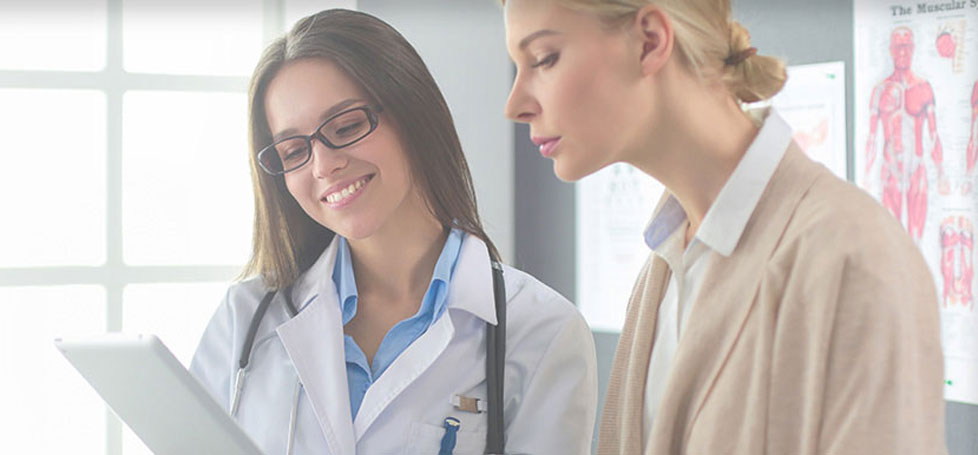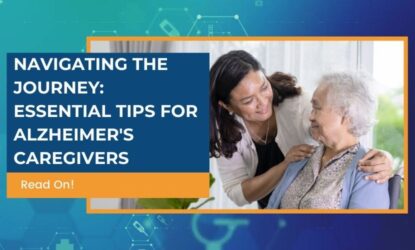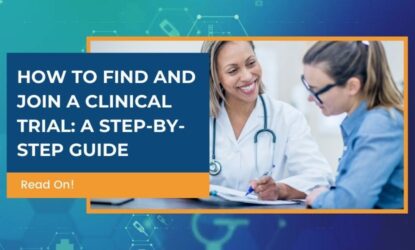Home
Home

INNOVATING HEALTHCARE
ENRICHING
LIVES…
Discover why clinical trials are such an important part of medical research and how it starts with you!


Your premier investigational site
Wake Research is an integrated organization of premier investigational sites working closely with and meeting the needs of the biopharmaceutical, biotechnology, medical device, pharmaceutical industry and clinical research organizations in North America. Wake Research was founded by and continues to be affiliated with a large multi-specialty group practice.

WAKE RESEARCH IN NUMBERS

100%
Quality

10,000+
Patients a Year

121
Medical Staff

35
Years of Experience

STAY UP-TO-DATE
NEWS & EVENTS
Clinical trials are such an important part of medical research. Your participation could help with the next medical breakthrough!



